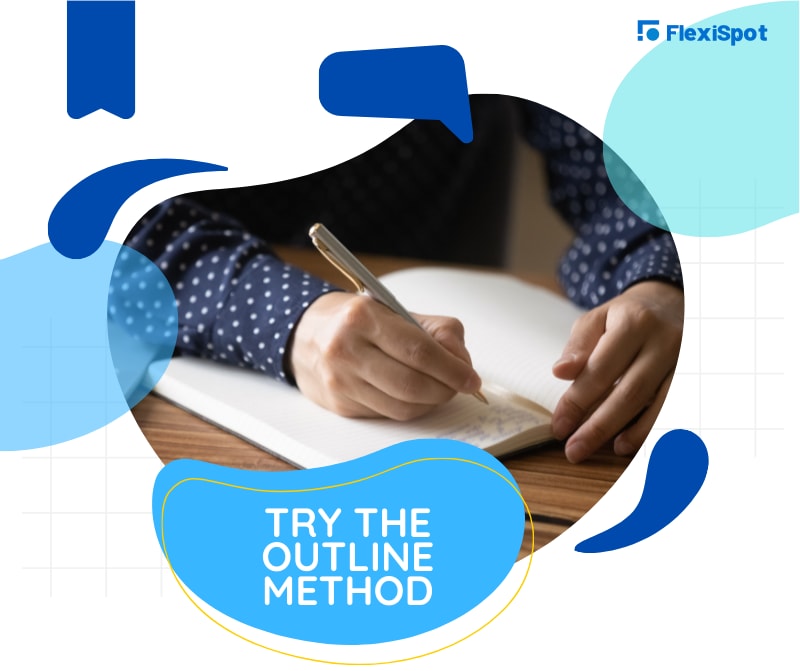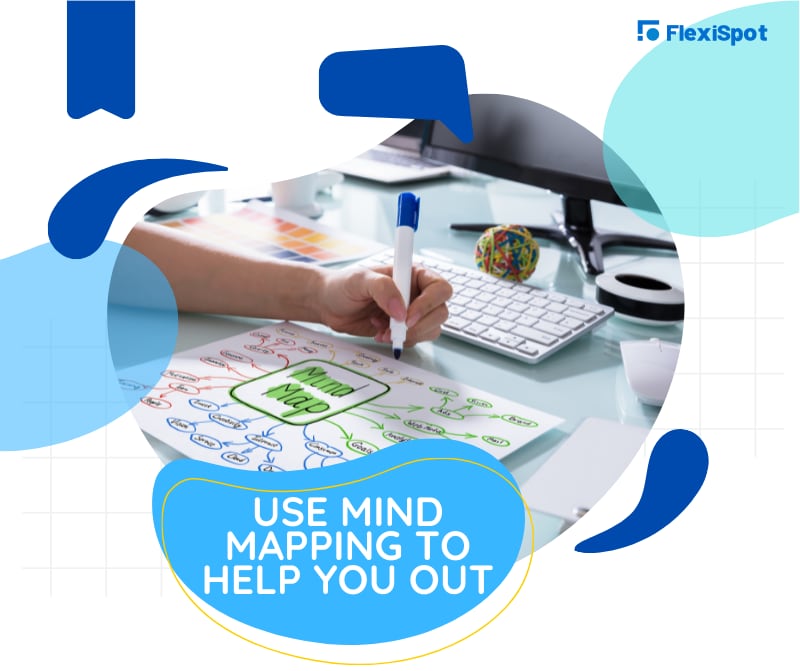Whether you're heading off to college or starting your professional life in a career of your choosing, taking notes is a habit that will serve you well always. Note-taking is a highly effective way of making the most of every class you attend and every meeting that you are a part of. It ensures you grasp everything that was taught and discussed, helps you make the most of the time you have invested into the meetings or scholarly conferences, and allows you to recall those things later on.
On the surface, it may seem like note-taking is rather simple. After all, you just need to jot down whatever is being said, and you're done, right? Well, not really!
When you dive into the world of note-taking, you will quickly realize that it is an art that takes discipline and practice. It is not easy to process everything and write it all down when you have a flood of new information coming your way. Trying to decipher what is important and what you can skip also takes immense skill.
So, if you feel like your note-taking skills are a little rusty and could do with some improvement, you're at the right place! Here are some excellent note-taking ideas and tips that will teach you how to make effective notes in no time.
The Best Note-Taking Ideas, Tips, and Strategies
1. Prepare Well Beforehand
Before you head to class or enter a meeting room, make sure you have at least skimmed through the agenda for the day. You should be properly caught up on all of the pre-assigned material your professor sent in. If you're working in a professional setting, make sure you have read through the meeting objectives and familiarized yourself with all of the matters to be discussed.
When you are well-prepared for the meeting, class, or conference, you will know exactly what to expect and can make your notes accordingly instead of wasting time trying to make sense of what is being said. Remember that you can only note things down when you understand what is being discussed. If you are left confused or overwhelmed during the discussion, your note-taking will definitely suffer.
Another important aspect of being prepared has everything you need with you. This includes your note-taking materials like your notepad, pens, and other stationery, or even your devices if you prefer making digital notes.
2. Eliminate All Distractions
Do you remember how your teacher made you turn off your phone in high school? It might be a good idea to continue this practice in college classes and your professional meetings too!
Your phone is one of the biggest sources of distractions, and it can easily divert your attention. Anytime your phone chirps with a notification, you will stop listening to the discussion for a few seconds and instead be focused on your phone. These few seconds can cost you quite a lot of valuable information, as you will be confused about what was being taught. It might even take several minutes before you can properly tune in back to the lecture or meeting.
To prevent such distractions from interrupting your note-taking process, be sure to put your phone on silent. Tuck it away in your pocket or handbag, so you are still reachable in case of emergencies but won't be distracted by it.
If you prefer taking digital notes, close all unrelated apps and consider putting your device on Do Not Disturb mode.
3. Try the Outline Method
If you're looking for a simple yet highly efficient way to take notes, the outline method would be your perfect choice. It is one of the easiest note-taking strategies, and literally, anyone can use it!
When using the outline method, you should start by selecting four or five essential points that will be discussed in your class or conference. Under those key points, you can jot down all of the sub-points based on whatever is taught or conferred in the meeting.
The basic idea behind the outline method is to take notes in a way that you don't get overwhelmed. Since you already have the important categories listed down, you can just fill out useful information under each heading.
The outline method allows you to approach note-taking with a more focused outlook. You will be able to prioritize the important stuff without having to wonder what is coming next.
4. Organize Your Notes Well
Effective organization is an important aspect of useful note-taking. If you take your notes in random notebooks or loose sheets of paper, chances are you will end up forgetting where you wrote things down—what a waste of your hard work. Additionally, if you pen down notes for different courses and meetings in one place, it will be impossible to make sense of it all later on.
Therefore, to benefit well from your notes, you should keep them well-organized. Use different sections of your notepad for different classes or conferences and set aside a day to compile them all together in one place for easy revisions.
5. Use Mind Mapping to Help You Out
Mind mapping is an excellent note-taking strategy if you're a visual learner. It is important to realize that not everyone does well with words. If you are an artistic person who recalls things better through graphics, mind mapping is the perfect way for you to take notes.
The use of the mind map is to help you connect how one topic relates to the other through visual aids. It allows you to explore the details of each topic or idea through connecting diagrams and branches. You can use bubbles, arrows, and other graphics to create relationships between different concepts. This breaks down complicated subjects into more digestible chunks, helping you remember exactly how things work.
When you go back to review these relationships, you will be able to recall and memorize topics better.
6. Forget About Correct Spellings and Grammar
When it comes to taking notes, remember that your professor or manager will probably never see them firsthand. Therefore, you don't really have to worry about penning them down in perfect English with proper punctuation and impeccable grammar. If you start to focus on these intricacies, you will probably end up missing out on a large chunk of into, making your note-taking process not as effective.
Let go of the need to achieve perfection when you're taking notes. Your notes can be messy and all over the place, as long as they make sense to you. You don't need to underline the headings or add all of the Oxford commas either! Instead, prioritize jotting down as much of the important information as you can, even if it means letting your grammar slip off for a bit.
7. Revise Your Notes ASAP
All too often, people make the mistake of jotting down notes and forgetting about them until the very last moment. This could be right before a final paper or when your boss asks you for a recap on everything that was covered during a certain meeting. You would be thinking about how you already have it all written down, so you just need to go over it once, make it look presentable, and you're good to go.
Well, the reality will probably be a little bit different from what you thought.
Just writing down all important facts into your notepad and filing it away to be used in the future isn't enough. That's because once all of the information is no longer fresh in your mind, it can actually become difficult to make sense of your notes. People think that they can easily make sense of their notes since they were the ones who wrote them. But, you probably used abbreviations, symbols, and other shortcuts that you're bound to forget.
So, the best way to make the most of your notes is to read them over shortly after the class is over or the meeting has finished. Try to rewrite them to be more comprehensible, neat, and orderly. It will help you go back to your notes whenever needed, and you won't end up confused about what you wrote.







